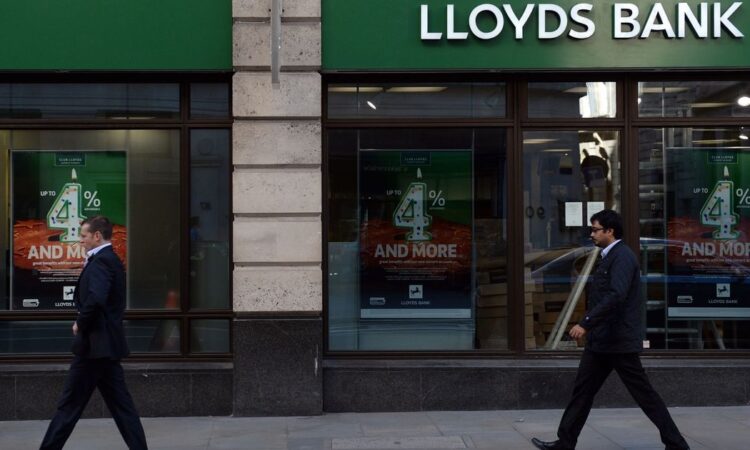
Lloyds Bank has issued a warning to every customer over a 75 per cent increase in internet shopping scams. It has urged people never to pay by bank transfer when purchasing items listed online.
Fraudsters are especially targeting people looking for cars, tickets and clothing, it said. Customers have been urged to “take care when shopping on online marketplaces like Facebook.”
Liz Ziegler, Fraud Prevention Director at Lloyds Bank said: “Buying a car is among the biggest financial commitments many of us will make, so the sharp acceleration in reports of people being scammed when shopping for vehicles on social media is alarming. The vast majority of these scams start on Facebook, where it’s far too easy for criminals to set up fake profiles and advertise items that simply don’t exist. It’s time social media companies were held accountable for their lax approach to protecting consumers, given the vast majority of fraud starts on their platforms.”
READ MORE:
She added: “Buying directly from approved dealers is the best way to guarantee you’re paying for a genuine vehicle, and always use your debit or credit card for maximum safety. If you do want to buy something you’ve found through social media, only transfer funds once the car is in your possession.”
Victims are losing an average of £998 in car sale scams, with those aged between 25 and 34 being duped most often, according to the high street bank’s research. In an alert sent to customers, Lloyds said it had seen a 75 per cent increase in people getting scammed when looking for cars, tickets and clothes on Facebook Marketplace.
It offered the following tips for things to look out for:
- Is it too good to be true? It’s not a bargain if it never turns up.
- Do you have to pay right away? A genuine seller won’t pressure you into a quick sale.
- Can you meet the seller in person? Look for things nearby so you can check the item before you pay.
- Will they let you pay by card? Never pay by bank transfer. Pay by debit or credit card to protect your money.
The bank added: “Anyone can offer an item for sale through social media or an online marketplace, even a fraudster. Fraudsters may share some personal details to convince you they’re genuine. But they’ll want you to pay by bank transfer or in a way that doesn’t offer you any protection.
“Fraudsters often say someone else is interested in an item to push you into a quick sale. Sometimes your need to buy something creates its own pressure. Go to see items that are local, large or expensive. Pay when a seller hands it over. If you can’t, pay by card or another way that protects your money.
“Fraudsters have bank accounts and want bank transfers because it’s like giving them cash. Be suspicious if a seller won’t let you pay by card or a way that offers buyer protection. Fraudsters move your money out of their account very quickly, making it hard to trace and get back.”
Contact the bank straight away if you think you have been scammed. In addition, anyone receiving scam texts should forward them for free to 7726 so they can be investigated by mobile phone firms and any suspected scam emails should be forwarded to [email protected]





